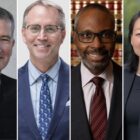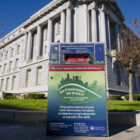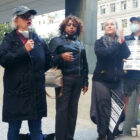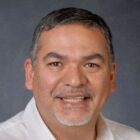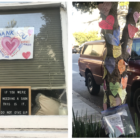“Civic” Podcast
Election Money Pours in for San Francisco Judges’ Seats That Used to Go Uncontested
In California, the governor appoints superior court judges to fill seats across 58 counties. Terms are typically six years, and judges keep their positions unless they’re recalled, which happens rarely, or someone decides to run against them in a local election. Usually, judges don’t face challengers.
But a pair of San Francisco judges are running to stay on the bench in the upcoming March 5 election. The last time sitting judges faced such challenges here was in the June 2018 primary election, and the challengers lost.
Voters might be wondering why they’re being asked to make this decision.
